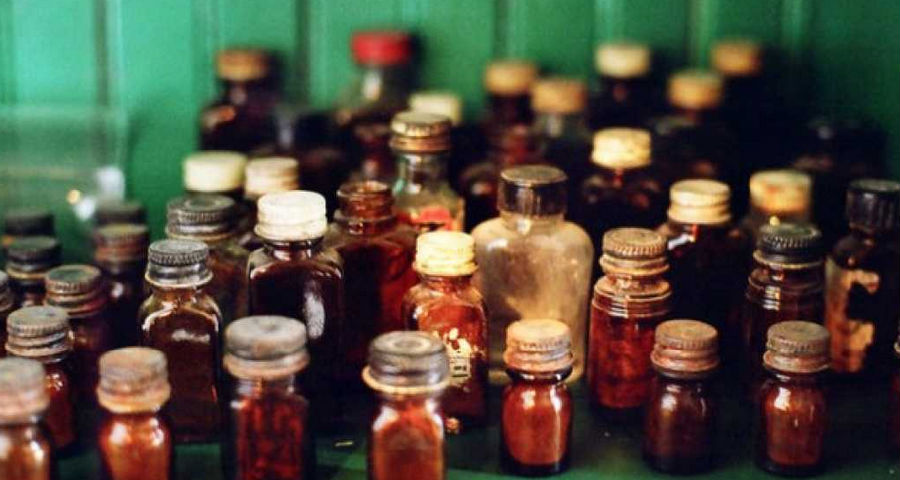Bacteria have been developing resistance to antibiotics almost as long as we have been making antibiotics,
从我们研发抗生素开始,细菌就一直在产生耐药性,
according to Anthony Coates, founder of Helperby Therapeutics.
这是海波迪诊疗公司创始人安东尼·科茨所说。
The human race made a huge mistake between the 1940s to 1970s.
人类在上世纪40-70年代间犯了一个大错误。
We produced about 20 new classes of antibiotics with about 200 analogs.
我们研发了大约20种新型抗生素,抗生素类药大约有200种。
And we thought that was enough. Then we stopped making antibiotics, but bacteria became resistant to all of them.
我们认为这些已经足够了,于是停止研发抗生素,但细菌已经对现有抗生素产生了抗药性。
We mustn't fall into that trap again.
我们不能重蹈覆辙。
We must produce our new antibiotics gradually in combinations.
我们通过结合逐步研发新型抗生素。
Creating combinations is how Helperby is rejuvenating old antibiotics, like colistin.
通过结合的方法,该公司让粘菌素等老抗生素换发生机。

Colistin is the last resort antibiotic against CRE,
黏菌素是现存唯一一种抵抗肠杆菌科细菌的抗生素,
which causes severe and often fatal infections, and is starting to show resistance in China and parts of Southeast Europe.
该细菌会造成严重,通常情况下的致命感染,这种病毒已经在欧洲东南部和中国表现出抗药性。
Coates calls CRE the bug that may end modern medicine.
科茨把肠杆菌科细菌称之为病毒,它或将终结现代医学。
And you can see in this control plate that they grow very nicely into little colonies.
你可以在这个对照培养皿上看到它们变成了小肠杆菌科菌。
Combining these booster drugs with existing antibiotics,
将这些加强型抗生素与现有的抗生素相结合,
gives them the power to puncture the tough cell wall of CRE and other evolving superbugs, allowing them to effectively do their work.
使它们有能力穿透肠杆菌科细菌和其它不断进化的超级病毒壁,使它们能够有效地发挥作用。
And when we add the new antibiotic, you can see the affect, there are no bacteria growing at all.
当我们添加新的抗生素时,你可以看到效果,根本没有细菌生长。
By introducing a new booster every 30 years or so, Coates believes they can stay one step ahead of bacterial resistance and future-proof,
通过每30年左右引入一种加强型抗生素,科茨相信它们一定能够赶在细菌耐药性前面,并且不会过时,
colistin and the other of last resort drugs in our medical arsenal.
像黏菌素等其它救命稻草都在我们的武器库中。
I'm Faith Lapidus VOA News.
VOA新闻,法斯·拉皮德斯报道。


